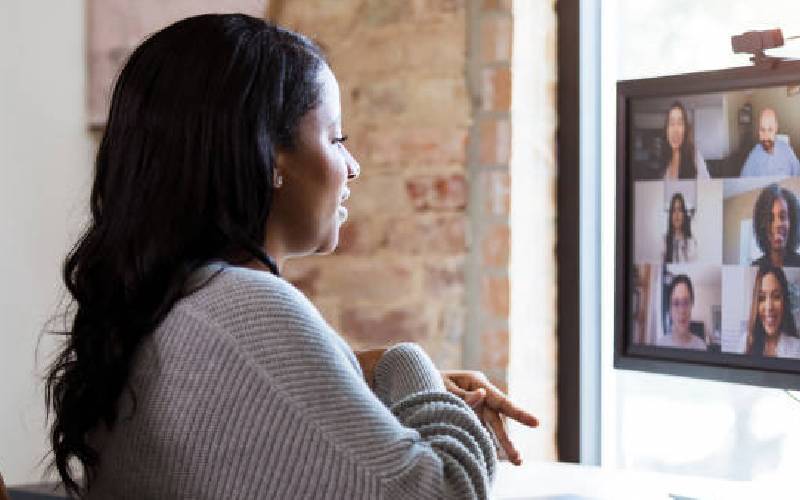Relationships with co-workers are crucial to job and life satisfaction. [iStockphoto]
×
The Standard e-Paper
Stay Informed, Even Offline

Relationships with co-workers are crucial to job and life satisfaction. [iStockphoto]
Looking back at the pre-pandemic period shows the significance of the transition into a new normal.